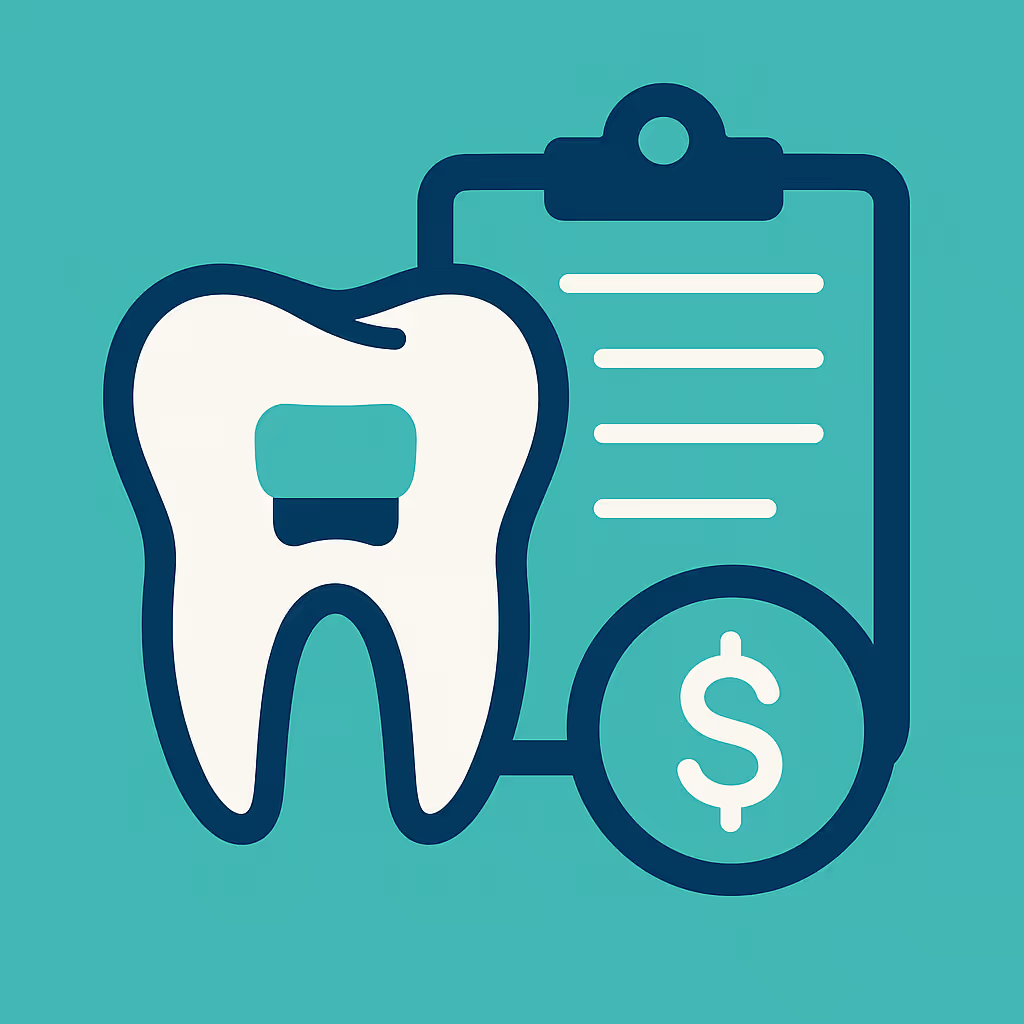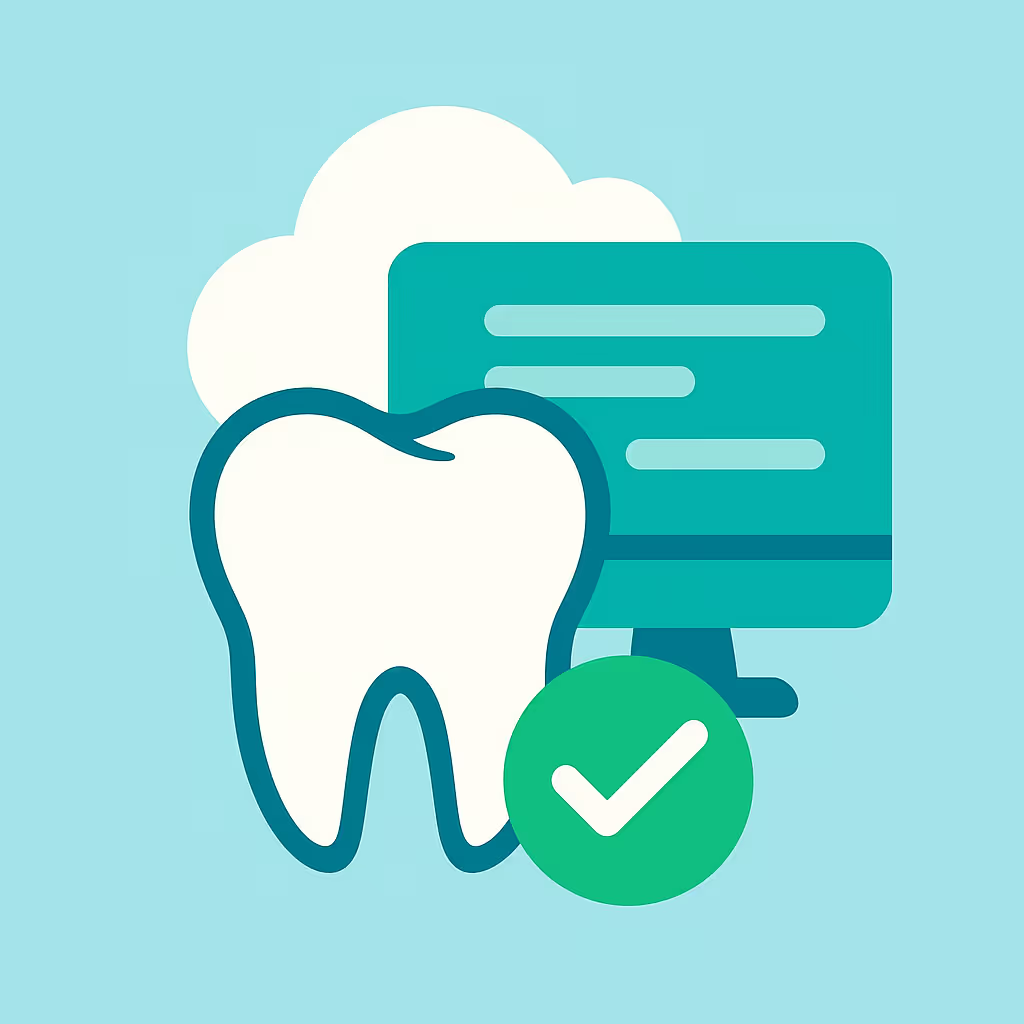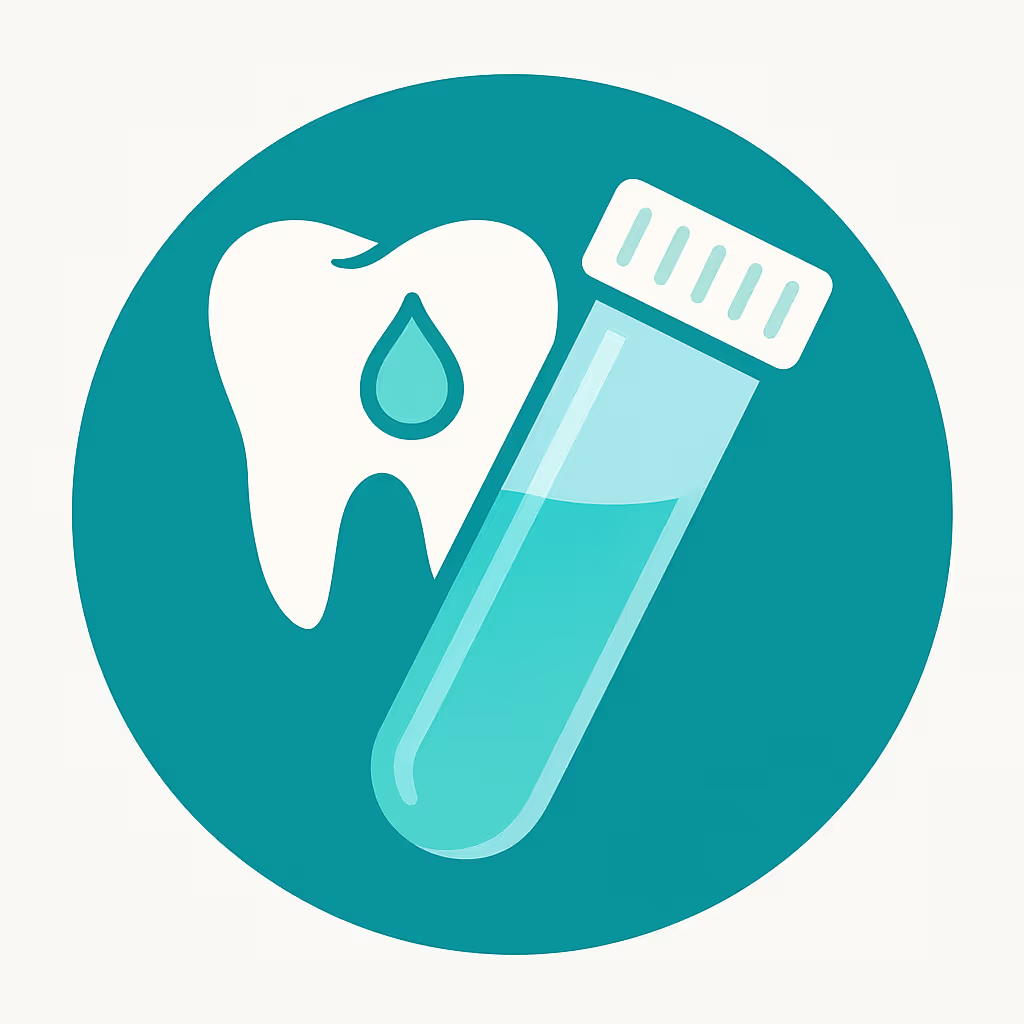Understanding Dental Code D0140
When to Use D0140 dental code
The D0140 dental code is defined by the CDT as a "limited oral evaluation – problem focused." This code is specifically used when a patient presents with a specific dental problem or emergency, rather than for a comprehensive or periodic oral evaluation. Common scenarios include acute pain, trauma, swelling, or a localized infection. D0140 is not intended for routine check-ups or full-mouth assessments; instead, it addresses a single issue or complaint that requires immediate attention. Proper use of D0140 ensures accurate clinical documentation and compliant billing.
Documentation and Clinical Scenarios
Accurate documentation is essential when billing D0140. The clinical notes should clearly describe the patient’s chief complaint, relevant medical and dental history, the findings of the limited evaluation, and any diagnostic tests or radiographs performed. For example, if a patient presents with localized tooth pain, the record should specify the tooth number, symptoms, and any diagnostic steps taken (such as percussion or thermal testing). If radiographs are taken, bill them separately using the appropriate CDT code, such as periapical radiograph (D0220). Always document the rationale for limiting the evaluation to a specific area or problem to support the use of D0140 during insurance audits.
Insurance Billing Tips
To maximize reimbursement and minimize denials when billing D0140, follow these best practices:
- Verify insurance benefits prior to the appointment to confirm coverage for limited evaluations and any frequency limitations.
- Submit detailed clinical notes and supporting documentation with the claim, especially if the evaluation is related to an emergency or trauma.
- Use D0140 only for problem-focused visits; do not use it for routine exams or as a substitute for comprehensive oral evaluation (D0150) or periodic oral evaluation (D0120).
- Appeal denied claims by providing additional clinical details and clarifying the necessity of a limited evaluation if needed.
- Monitor accounts receivable (AR) for timely follow-up on outstanding claims involving D0140.
By adhering to these steps, dental offices can streamline their revenue cycle management (RCM) and reduce the risk of claim delays or denials.
Example Case for D0140
Consider a patient who calls your practice with sudden swelling and pain in the lower right jaw. Upon arrival, the dentist performs a focused examination of the affected area, takes a periapical radiograph, and diagnoses an abscessed tooth. In this scenario, D0140 is billed for the limited evaluation, and the radiograph is billed separately. The clinical notes include the patient’s complaint, exam findings, diagnostic steps, and recommended treatment. This clear documentation supports the claim and demonstrates medical necessity, increasing the likelihood of prompt insurance payment.





